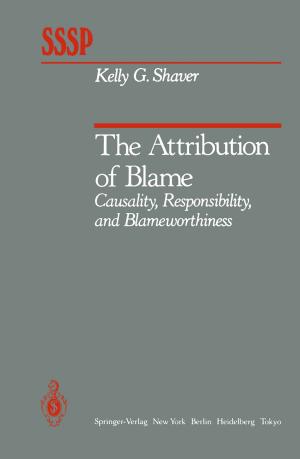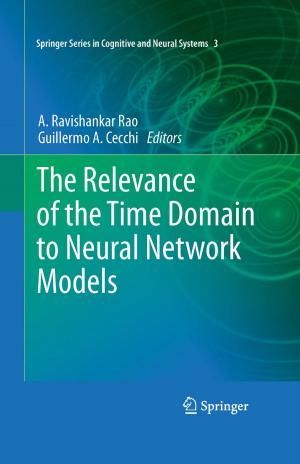The Evolving Role of Statistical Assessments as Evidence in the Courts
Nonfiction, Reference & Language, Law, Jurisprudence, Criminal law| Author: | ISBN: | 9781461236047 | |
| Publisher: | Springer New York | Publication: | December 6, 2012 |
| Imprint: | Springer | Language: | English |
| Author: | |
| ISBN: | 9781461236047 |
| Publisher: | Springer New York |
| Publication: | December 6, 2012 |
| Imprint: | Springer |
| Language: | English |
With increasing frequency, the proof of facts in legal proceedings en tails the use of quantitative methods. Judges, lawyers, statisticians, social scientists, and many others involved in judicial processes must address is sues such as the evaluation and interpretation of quantitative evidence, the ethical and professional obligations of expert witnesses, and the roles of court-appointed witnesses. The Panel on Statistical Assessments as Evi dence in the Courts was convened to help clarify these issues and provide some guidance in addressing the difficulties encountered in the use of quan titative assessments in legal proceedings. This report is the culmination of more than three years of research and deliberation. In it, we address a variety of issues that arise in federal and state court proceedings when statistical assessments such as quantitative descriptions, causal inferences, and predictions of events based on earlier occurrences are presented as evidence. We appraise the forms in which such assessments are presented, aspects of their admission into evidence, and the response to and evaluation of them by judges and juries.
With increasing frequency, the proof of facts in legal proceedings en tails the use of quantitative methods. Judges, lawyers, statisticians, social scientists, and many others involved in judicial processes must address is sues such as the evaluation and interpretation of quantitative evidence, the ethical and professional obligations of expert witnesses, and the roles of court-appointed witnesses. The Panel on Statistical Assessments as Evi dence in the Courts was convened to help clarify these issues and provide some guidance in addressing the difficulties encountered in the use of quan titative assessments in legal proceedings. This report is the culmination of more than three years of research and deliberation. In it, we address a variety of issues that arise in federal and state court proceedings when statistical assessments such as quantitative descriptions, causal inferences, and predictions of events based on earlier occurrences are presented as evidence. We appraise the forms in which such assessments are presented, aspects of their admission into evidence, and the response to and evaluation of them by judges and juries.















